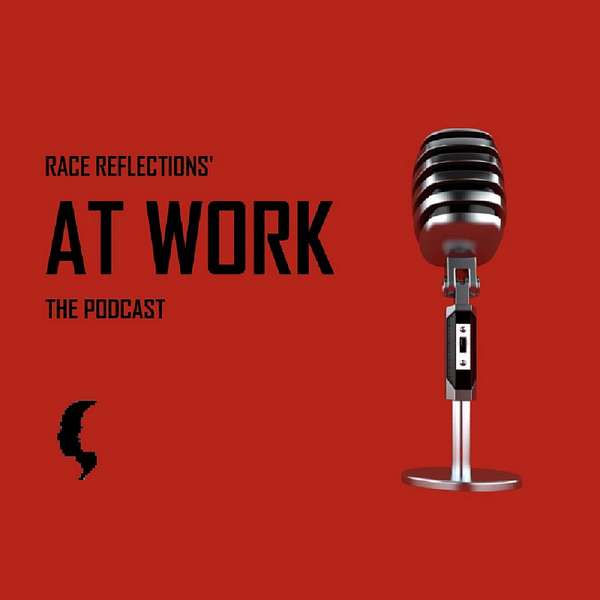
Race Reflections AT WORK
Race Reflections AT WORK
Social Media Policy Change
In today's episode Guilaine reflects on her relationship with social media. The way she has used social media in the past and transition she is making in how she uses it going forward, and the reasons she is changing how she uses Twitter (or X).
She gives some context about what social media has meant for both her and for Race Reflections. She thinks about how Race Reflections began as a blogging venture that was heavily influenced and developed by her writing being shared on social media. It allowed for a direct way to engage with communities and with the wider public and to improve her craft. This led to opportunities that resulted in peer reviewed publications, book contracts, conference invites and more consultancy work. There is no way that Race Reflections would be what it is today without social media. It gives or at least gave a space where radical thinking and marginalised groups could connect and find community, audiences and collaborators.
Then she considers how over the years her experience of social media has changed, and challenges around others using her intellectual property without consent or plagiarising her content have become more common, she wonders if people see content shared on social media is to be less respected, particularly when shared by a Black woman. And by this point the balance between the advantages and disadvantages of using social media in this way have changed. This is related in part to peoples attitude to online content, partly due to the social and political climate we are currently within and also due to the change of leadership within this particular platform.
She thinks about the different strands of herself and her thinking that she used to share on her personal account, her Race Reflections focused work, her commentary on news, politics and social events, and her personal experiences moving through the world as a Black woman. She argues for the value of showing your whole self and being open about your process of trying to learn about and make sense of the world. For people to connect to your ideas, particularly when those ideas are challenging you need to allow your readers to connect to you. If you want people to be open and vulnerable and transparent and compassionate you need to embody this in your work and practice. This is the liberatory case for this approach. But this needs to be balanced against avoiding self-sacrifice, to guard against necropolitics, the politics of the masters and of colonialism, that expect you to be extracted from and for your life to not be valued. And she thinks about this in this present context of multiple genocides and patriarchal whitelash. So this change of approach is not just related to protecting her work but also to prioritising safety.
She ends by talking about the vulnerabilities that people carry and that she carries and that thinking about this during her recent trip to the Congo helped to clarify all of this and to see that to embody her politics she needs to also protect herself and respect her vulnerabilities and find new ways to be safe and sustainable.
Previous episode: Social Media https://www.buzzsprout.com/1623760/11029464
Subscribe, rate and review on Apple Podcasts, Spotify, Google Podcasts, Amazon Music or wherever you get your podcasts.
To send us your queries, questions and dilemmas please email atwork@racereflections.co.uk